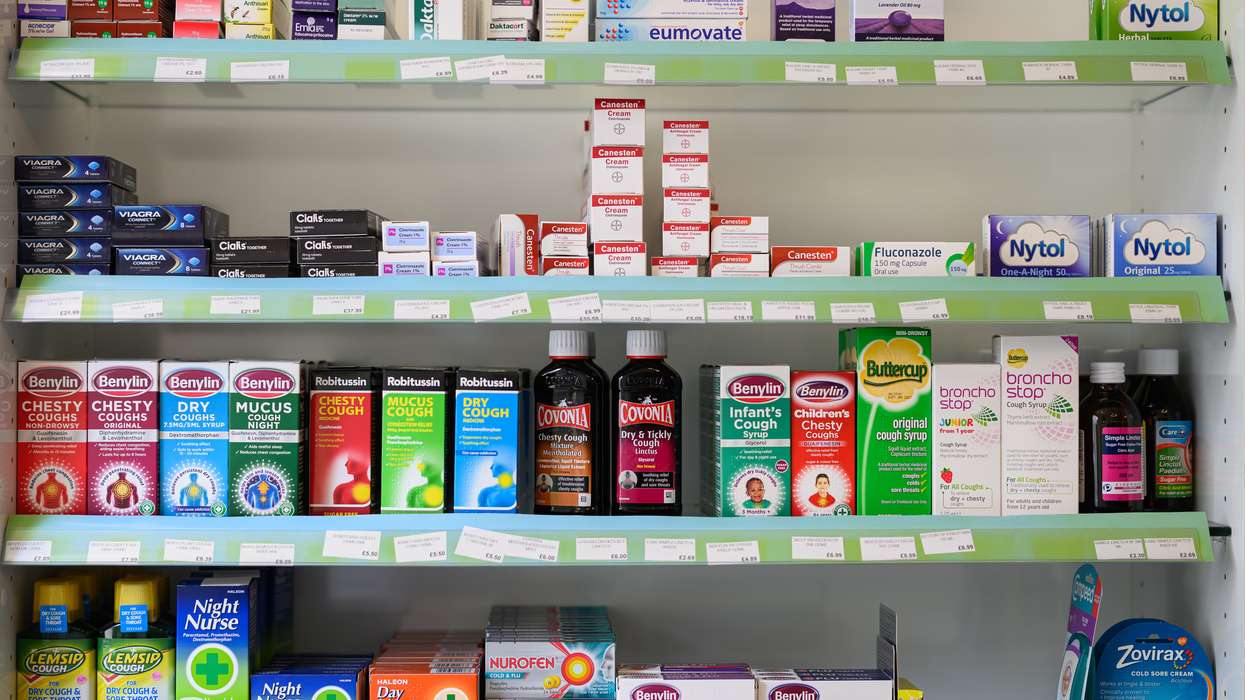By David Reissner
One of the greatest challenges faced by community pharmacy in England today is the number of representative bodies.
The Royal Pharmaceutical Society represents pharmacists but membership is not mandatory; the Pharmaceutical Services Negotiating Committee (PSNC) represents pharmacies that provide NHS services; the National Pharmacy Association (NPA) represents many independents and provides its members with professional indemnity cover; the Association of Independent Multiples (AIMp) represents the owners of small and medium-sized chains; the Company Chemists Association (CCA) represents the largest chains; the Pharmacists Defence Association (PDA) is a trade union, representative body and insurer for employed pharmacists and locums; and there are others.
The number of representative bodies can make it difficult for the governmental bodies like the Department of Health and Social Care (DH) and NHS England to know who to consult and negotiate with.
Divide and rule
It also means that those bodies may choose to be selective over whom to consult and negotiate with. The doctrine of “divide and rule” often suits those in power. There is no doubt in my mind that this was one of the factors that helped the DH ignore concerns about the viability of the pharmacy network when it pushed through swingeing funding cuts in 2016.
There’s an old joke about a city solicitor on his way to meet a client in the countryside. He’s lost. He sees a farmer leaning on a gate. The solicitor stops and asks for directions. Unhelpfully, the farmer says: “Well, I wouldn’t start from here.”
If you had a blank sheet of paper and wanted to design a model for representing everyone in community pharmacy, you wouldn’t start from here.
How did we get here?
You could blame Queen Victoria or perhaps you might blame the lawyers (people often do). Queen Victoria granted a Royal Charter to the Pharmaceutical Society in 1844. The Charter said that the Society was established “for the purpose of advancing chemistry and pharmacy and promoting a uniform system of education of those who should practise the same and also for the protection of those who carried on the business of chemists and druggists”.
Over the years that followed, amendments were made so that as well as advancing the interests of its members, the Society became responsible for maintaining a register of pharmacists and for policing the profession.
In the early years of the twentieth century, the Society proposed to expand its remit. It decided it would regulate members’ hours of business; regulate wages and conditions of employment, regulate the prices of the goods sold in pharmacies and exercise the functions of an employers’ association, including providing legal advice to members and professional indemnity insurance.
For one of its Council members, Arthur Jenkin, this was a step too far.
He applied to the High Court for a declaration that the Society could not legally do any of those things because they were outside the scope of the Royal Charter. Justice Peterson agreed with Jenkin and granted an injunction, stopping the Society from getting involved in most of its proposed activities, though the judge did say it would be lawful for the Society to be an employers’ organisation, and he saw no objection to the Society maintaining a register of unsatisfactory employees and sharing it with its members.
As a result of the judgment, the Retail Pharmacist’s Union came into being, later becoming the NPA. However, the NPA was unable to negotiate with the Government on behalf of pharmacy owners because the largest pharmacy owner, Boots, was not a member.
That’s why the PSNC came to be formed. There was a period towards the end of the twentieth century when Boots did join the NPA. It was a time before the CCA, AIMp and the PDA were a twinkle in anyone’s eye. Then would have been a good time for the NPA and the PSNC to merge and represent the entire profession, but it did not happen.
The RPS is a very different organisation today to the one Queen Victoria knew.
It had inspectors who made undercover purchases of Benylin before asking to see the pharmacist. If there was no pharmacist on the premises or the pharmacist had failed to observe the sale, a criminal prosecution would take place, followed by disciplinary proceedings against the owner of the business.
If the owner was a company, the superintendent pharmacist would also face disciplinary proceedings. Members resented being policed by its professional body.
By 2010, there was recognition that the Society’s twin roles of representing its members and protecting the public were no longer compatible, and its processes were not compliant with the Human Rights Act. This incompatibility was resolved by taking the policing role off the Society and giving it to a new body, the General Pharmaceutical Council or GPhC.
Later in this century, the NPA, AIMp and the CCA joined forces in Pharmacy Voice, but that didn’t last. The reasons for its demise don’t matter. Envious eyes are often cast towards the representation model that doctors have through the British Medical Association, but we don’t have a blank sheet of paper and this is where we are.
In June, Professor David Wright published his committee’s Independent Review of Community Pharmacy Contractor Representation and Support. Professor Wright recommended the creation of a Governance and Strategy Board including representatives of the NPA, CCA and AIMp.
There would also be a Community Pharmacy England Council, drawn from Local Pharmaceutical Committees. He said that these bodies should work together to develop a national strategy for community pharmacy.
In the challenges that lie ahead, it is more important than ever that community pharmacy can present a united front when dealing with the government and NHS England.
David Reissner is chair of the Pharmacy Law & Ethics Association.
This exclusive article also appears in the print edition of Pharmacy Business/October 2020.











